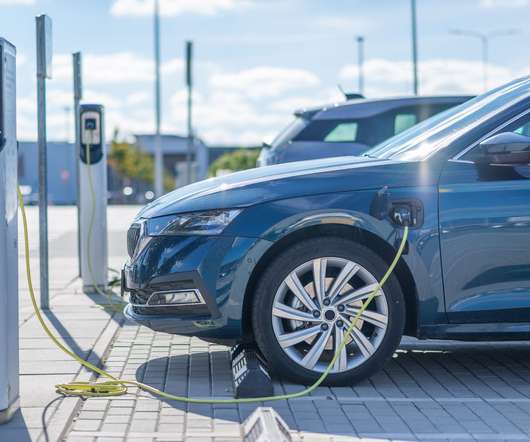ABS provides first approval in principle for floating Rankine cycle renewable energy plant
Green Car Congress
AUGUST 20, 2011
Developed by OTEC International (OTI) LLC of Baltimore, Maryland, the approach converts liquid ammonia into gas in a heat exchanger using warm ocean surface water. Unlike wind, tidal or solar power the advanced design for this Ocean Thermal Energy Conversion (OTEC) system can deliver constant output 24 hours a day. OTEC power cycle.












Let's personalize your content